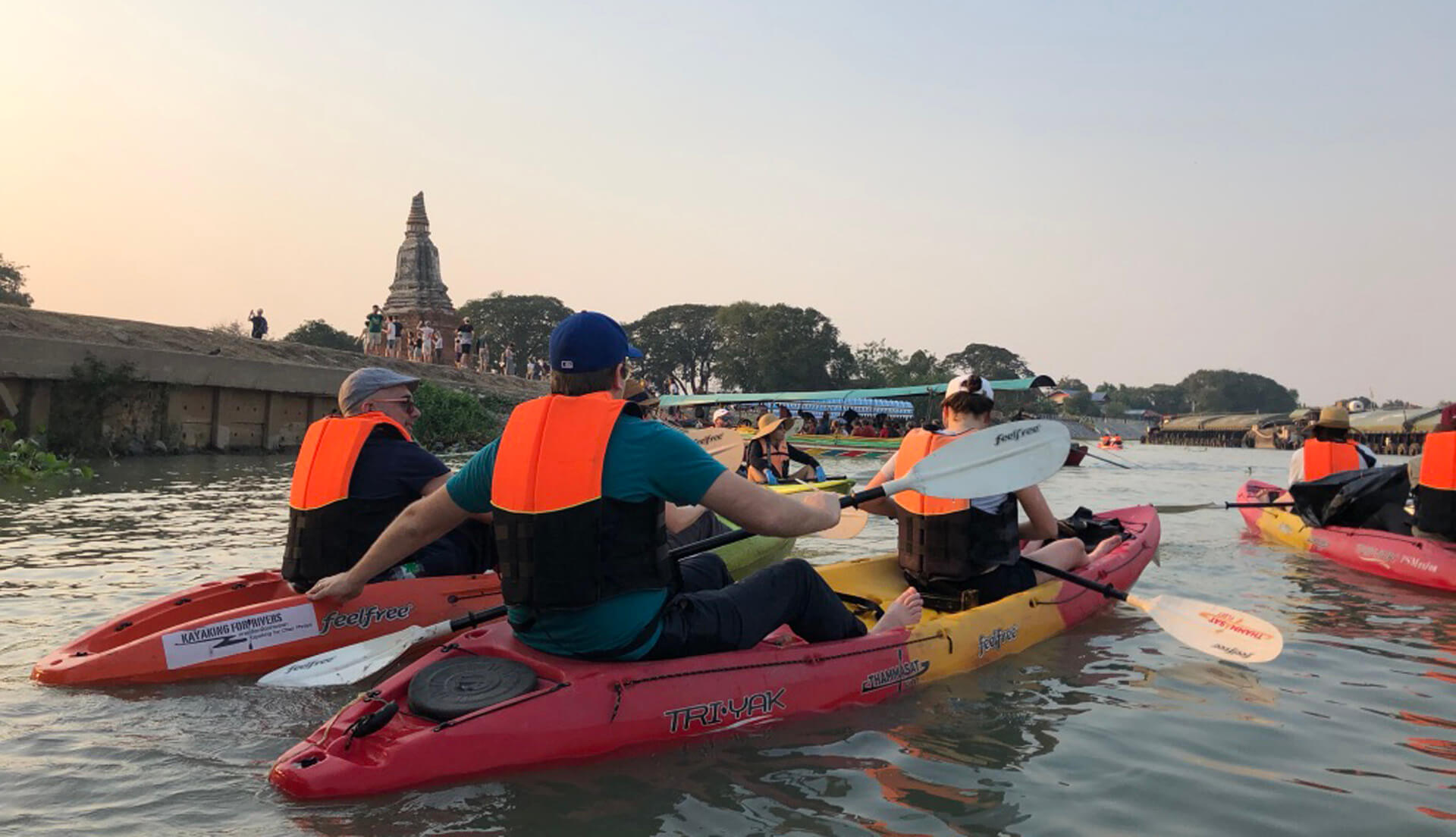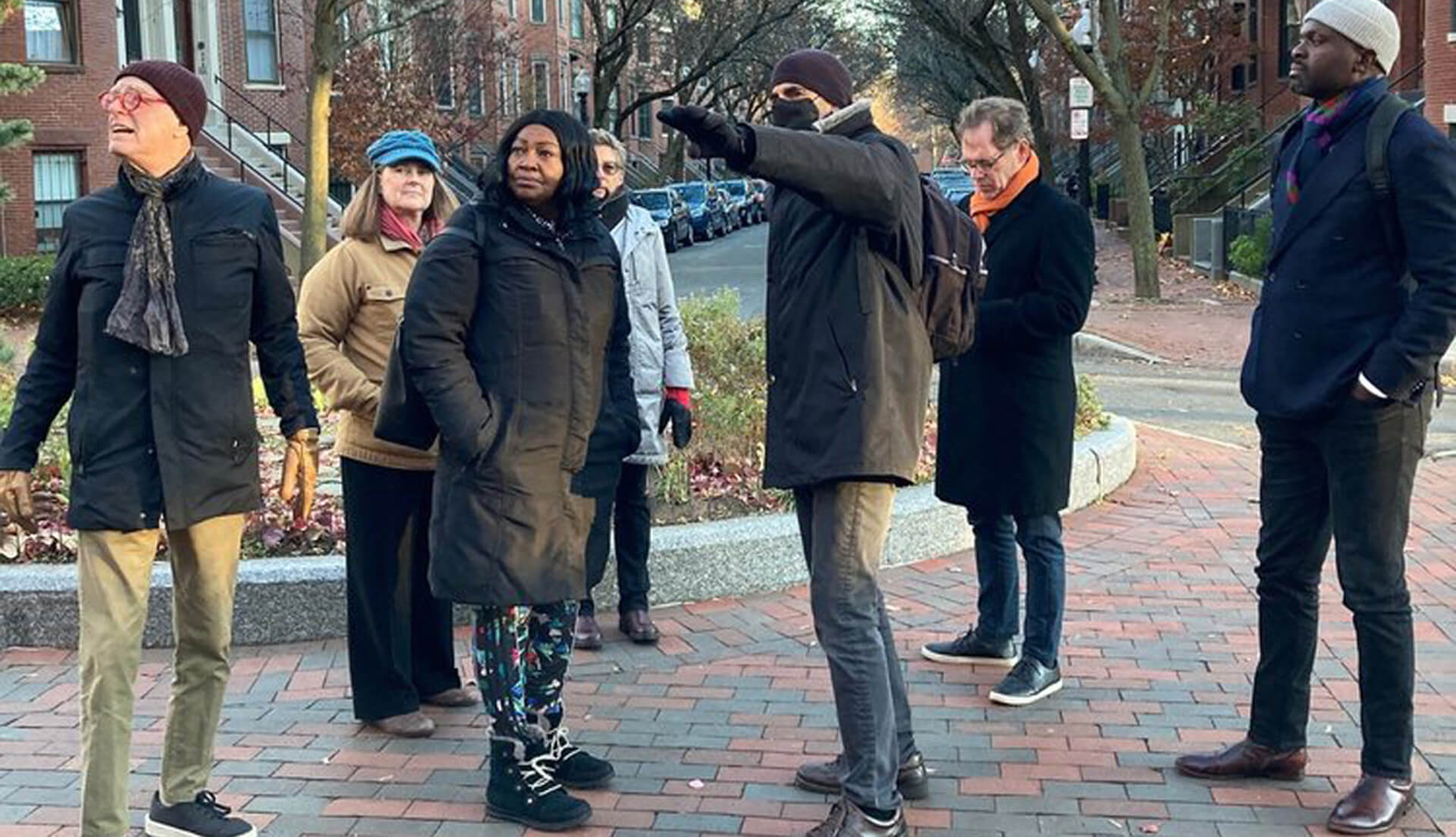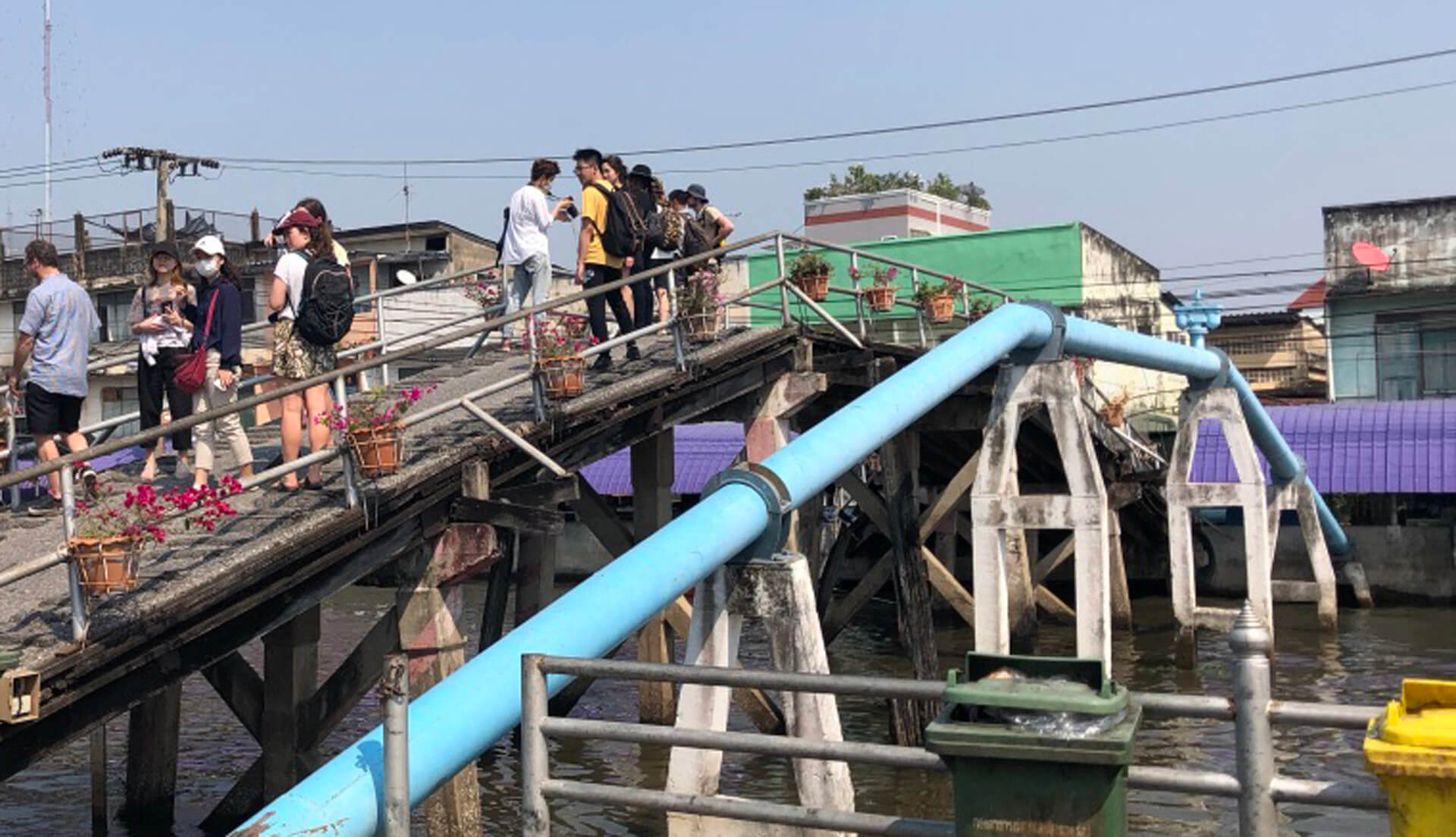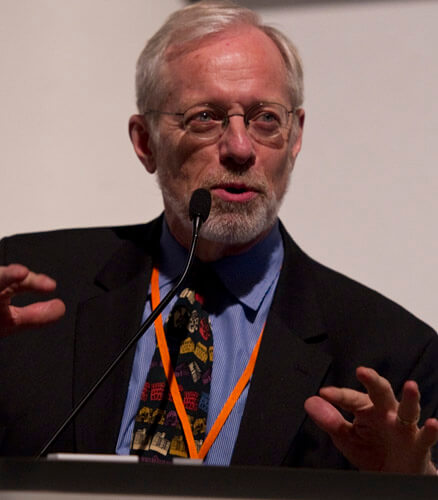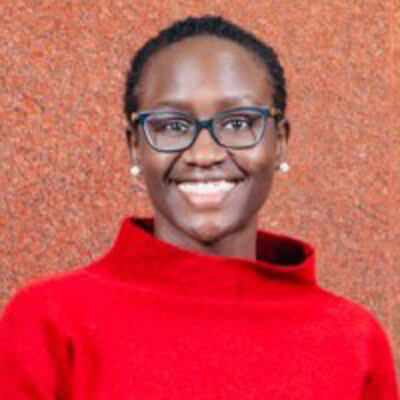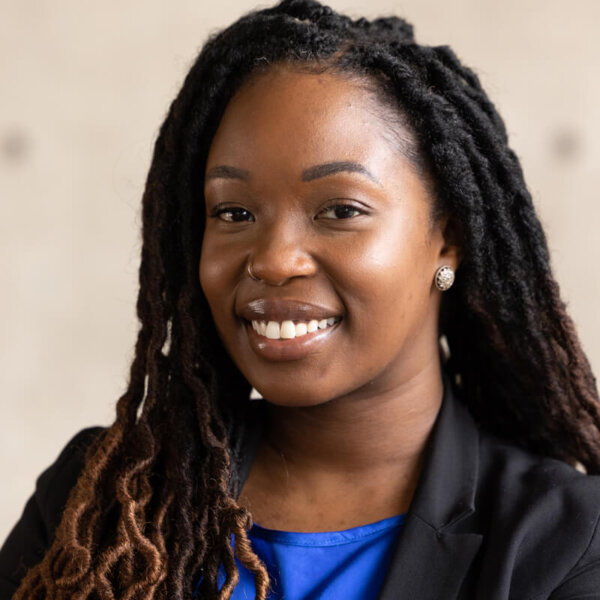Spring 2024 Malkit Shoshan
Malkit Shoshan
Malkit Shoshan is an internationally celebrated designer, author, and educator. She is the founding director of FAST–the Foundation for Achieving Seamless Territory, which creates projects at the intersection of architecture, urban planning and human rights. Using spatial design tools, she makes visible systemic violence, engages with the public to co-design socially and environmentally just alternatives, and advocates for systemic change.
Listen to Malkit’s lecture
Fall 2022 Guy Nordenson
Guy Nordenson ’94 is a structural engineer and professor of structural engineering and architecture at Princeton. For the past 15 years, he has been developing strategies for climate change, coastal adaptation, and storm surge mitigation through research, publications, exhibitions, and engagement with local and national stakeholders. Guy Nordenson and Associates has established itself as an effective partner in the design and construction of complex and challenging projects. These include the Menil Drawing Institute in Houston TX with Johnston Marklee, the National Museum of African American History and Culture in Washington DC with Freelon Adjaye Bond/SmithGroup, the Corning Museum of Glass Contemporary Art + Design Wing in Corning NY with Thomas Phifer and Partners and the Kimbell Art Museum Expansion in Fort Worth TX with Renzo Piano Building Workshop.
Lesley Lokko is a Ghanaian-Scottish architectural academic, educator and best-selling novelist. She is the founder and director of the African Futures Institute, established in Accra, Ghana, in 2020 as a postgraduate school of architecture and public events platform.
In an episode of The Nexus podcast, Lesley Lokko delves into the relationship between fiction writing and architecture and the role of the school in preparing future architects.
2021: Walter Hood
Walter Hood’s dynamic landscape architecture and urban designs are celebrated for their respect for ecological, cultural, contemporary, and historic context. He is a professor at UC Berkeley and lectures on professional and theoretical projects internationally.
2018: Bruno Latour, philosopher
Bruno Latour is a philosopher, anthropologist and sociologist known especially for his innovative and iconoclastic work in the field of science and technology studies. He has taught at the École des Mines de Paris, Sciences Po Paris, and the London School of Economics.
2017: Kenneth Frampton, architecture historian, and Silvia Kolbowski, artist
Kenneth Brian Frampton is an architect, critic, historian, and architecture professor at Columbia University. He is regarded as one of the world’s leading architecture historians of modernist architecture.
Silvia Kolbowski’s focusses on cultural and political issues through video, installations, and photography, using historical figures and events to analyze power imbalances.
Fall 2016: Richard Rogers, architect, and Ruth Rogers, chef
In a career spanning more than 50 years, architect Richard Rogers has designed iconic buildings around the world and advised national and city leaders about the revival of urban areas.
Beginning in 1987, Ruth Rogers introduced London to sublime authentically prepared, regional and seasonal Italian food in her Michelin-starred River Café.
Spring 2016: David Harvey, anthropologist and geographer
David Harvey, professor of anthropology and geography at the Graduate Center, CUNY, has brought the teachings of Karl Marx together with geography to demonstrate how the distribution and organization of territory operates in capitalist economies.
2015: Michael Craig-Martin, artist and teacher
Michael Craig-Martin is a key figure of the first generation of British conceptual artists of the 1960s and a powerful influence on the generation known as Young British Artists.
2014: Katherine Boo, author, and Sunil Khilnani, scholar of Indian history and politics
Katherine Boo is a Pulitzer Prize-winning American investigative journalist who has documented the lives of people in poverty. She is the author of Behind the Beautiful Forevers.
Sunil Khilnani is director of the India Institute at King’s College, London, and the author of The Idea of India.
2013: Tod Williams and Billie Tsien, architects
Acclaimed for their insightful architectural work, the husband and wife team of Tod Williams Billie Tsien Architects has designed museums, scientific laboratories, libraries, recreation centers, and performing arts centers, and received more than two dozen awards from the American Institute of Architects.
2012: Richard Sennett, urban sociologist
As professor of the humanities at New York University and professor of sociology at the London School of Economics, Richard Sennett has studied social ties in cities and the effects of urban living on individuals in the modern world.
2011: Arjun Appadurai, social anthropologist
Arjun Appadurai, professor of media, culture, and communication at New York University, is recognized as a major theorist in globalization studies and modern nation states and the author of a view of cultural activity known as the social imaginary.
2010: Ulrich Beck, sociologist
Until his death in 2015, Ulrich Beck was one of the most cited social scientists in the world, whose work focused on questions of uncontrollability, ignorance, and uncertainty in the modern age.
